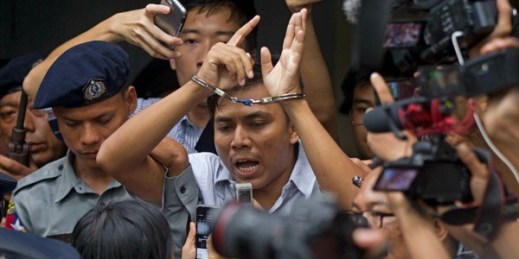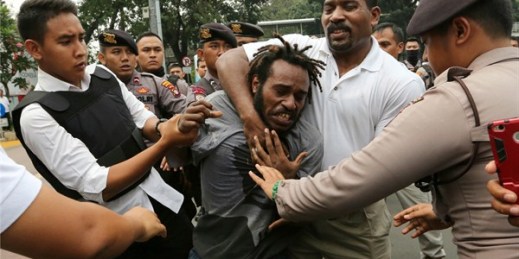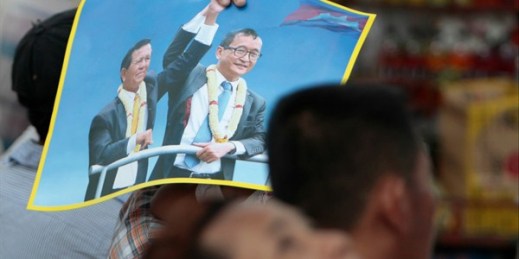
Editor’s Note: This article is part of an ongoing series about press freedom and safety in various countries around the world. Earlier this month, a court in Myanmar upheld the seven-year prison sentences of two Reuters journalists, Wa Lone and Kyaw Soe Oo, who were convicted in September under the British colonial-era Official Secrets Act while reporting on atrocities committed against the Rohingya ethnic minority. The case shows the barriers to reporting in Myanmar, especially on politically sensitive investigations involving the powerful military, despite some positive steps to relax media restrictions since the country transitioned from direct military rule and […]



